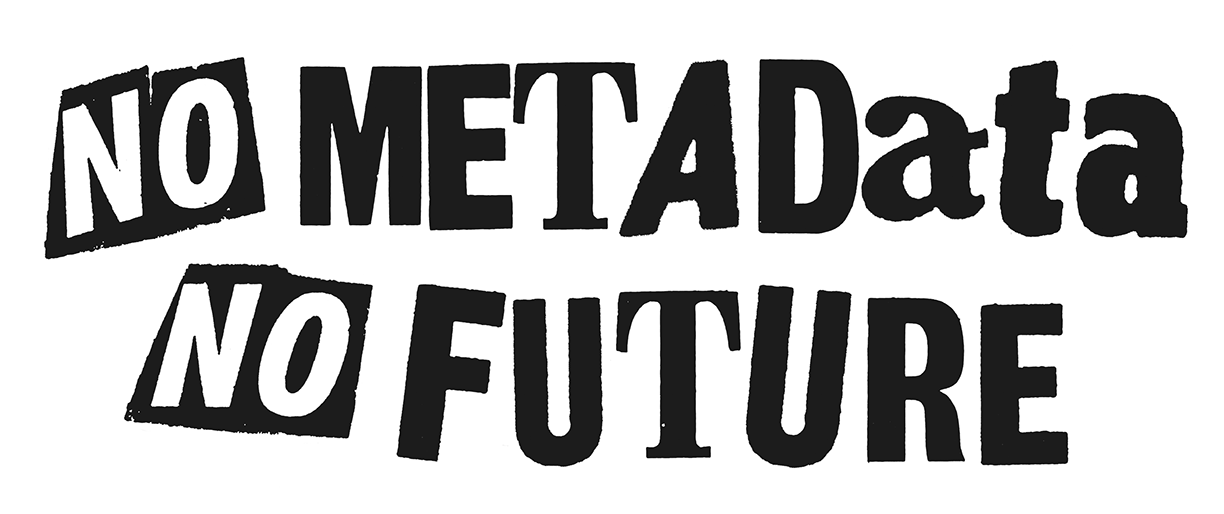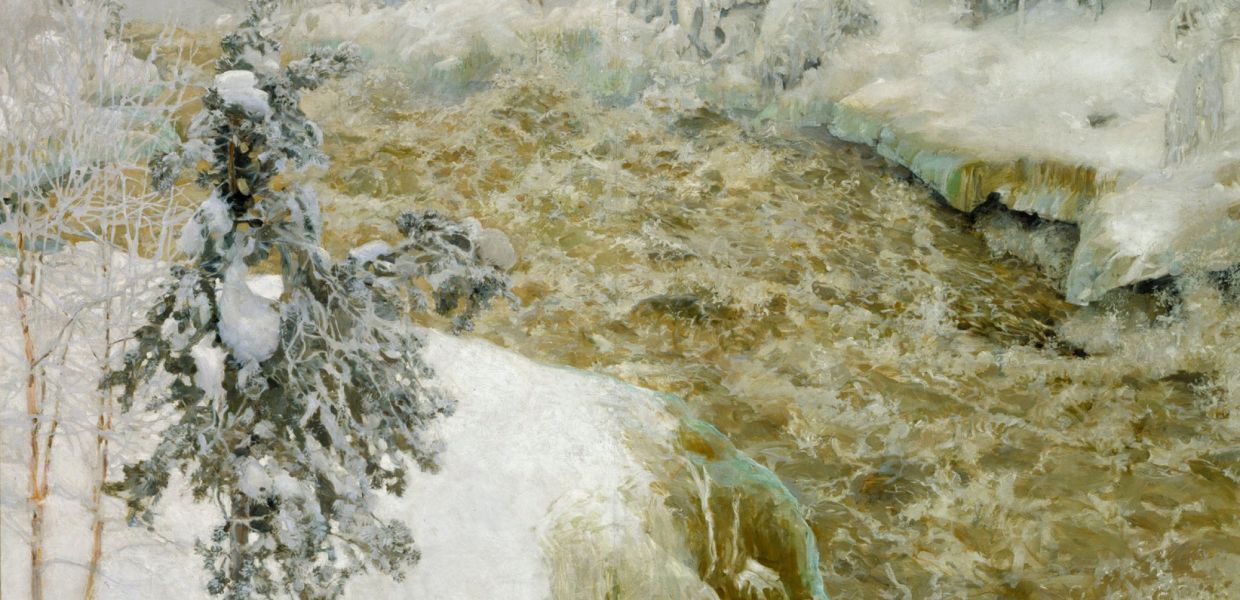The National Library of Finland: boost the value of your digital collections
The National Library of Finland is the country's national aggregator, providing Europeana with almost 1 million digital objects from Finnish institutions. Maria Virtanen spoke to Douglas McCarthy about its recent national workshop in partnership with Europeana.
On 15 February, the first full-day workshop about Europeana was held in Helsinki. Europeana’s Douglas McCarthy and Pierre-Edouard Barrault, and Karin Glasemann from the National Museum of Sweden, packed their suitcases and travelled to snowy Helsinki to share their expertise with Finnish colleagues.
‘How to boost the value of your digital collections’ was the day’s theme. Key questions included: what are the benefits and joys of opening up collections? What kind of opportunities does Europeana offer to participating partners? How can Finnish archives, libraries and museums make their collections accessible via Europeana?
Over 60 professionals from all kinds of Finnish museums, archives and libraries – plus active members of Open Knowledge Finland and Wikimedia Finland – took part in the event. Around 30 of them did so online via Adobe Connect, which National Library uses regularly to expand participation in a country with long distances.
Karin Glasemann gave an inspiring introduction about the National Museum of Sweden’s open access policy and practices. Her presentation warmed up the participants for the important themes covered during the workshop: the benefits of open licensing, the importance of high-quality metadata and excellent digital reproductions. Having a guest from a neighbouring country proved to be good choice because of the cultural affinities – if they can do it in Sweden, why can’t we? If it was a success for them, why can’t it be a success for us? It's also easy to cooperate with and seek advice from colleagues nearby. The National Museum of Sweden has, for example, published paintings online as IIIF resources, something no Finnish organisation has experience of.

'No Metadata No Future' – a message from Karin Glasemann's presentation. nometadata.org logo CC BY-NC-SA
The highlight of the workshop followed when Hanna-Leena Paloposki from the Finnish National Gallery talked about her recent residency at Europeana. She then announced that the Gallery's decision to apply CC0 licences to digital reproductions of its Gallery’s out-of-copyright works! The workshop audience applauded spontaneously to the news, which quickly spread on social media.
Throughout the day Douglas, Pierre-Edouard and the Finnish presenters provided workshop participants with information about Europeana and things to consider when providing cultural heritage data. Europeana’s publishing and licensing frameworks were made familiar to the participants who also took part in interactive exercises. Pierre-Edouard had visited the National Library a day before the workshop and discussed data workflows with the Library team, both from Europeana’s and from the Library’s points of view. This was very useful.
At the end of the workshop the participants chose between two interactive sessions: one was about the data quality and the other about the educational use of cultural heritage data with guests from Finnish educational sector. It was already 5pm, but participants stayed active until the end and discussion was so lively that the workshop run a bit overtime.
It was felt that the national workshop made a difference for Finnish GLAM organisations: new libraries, archives and museums realised what kind of value providing data to Europeana could have for their organisations, and new thoughts about openness were seeded.

